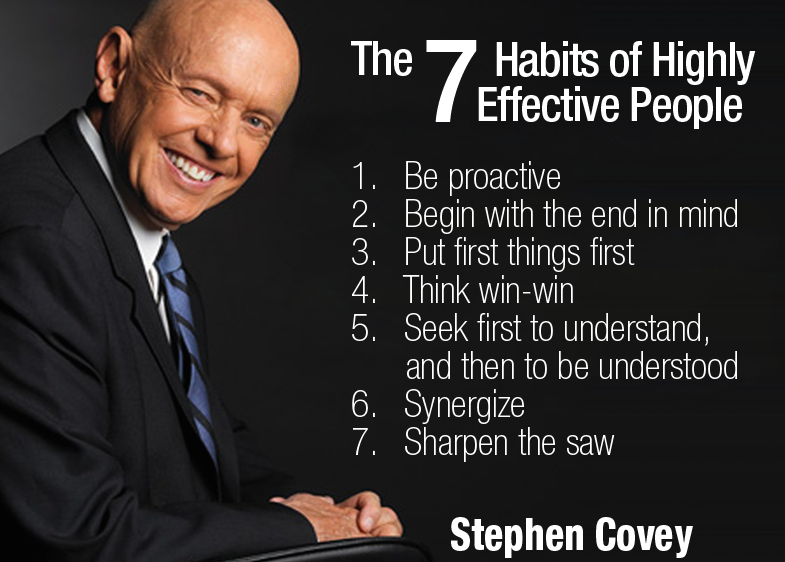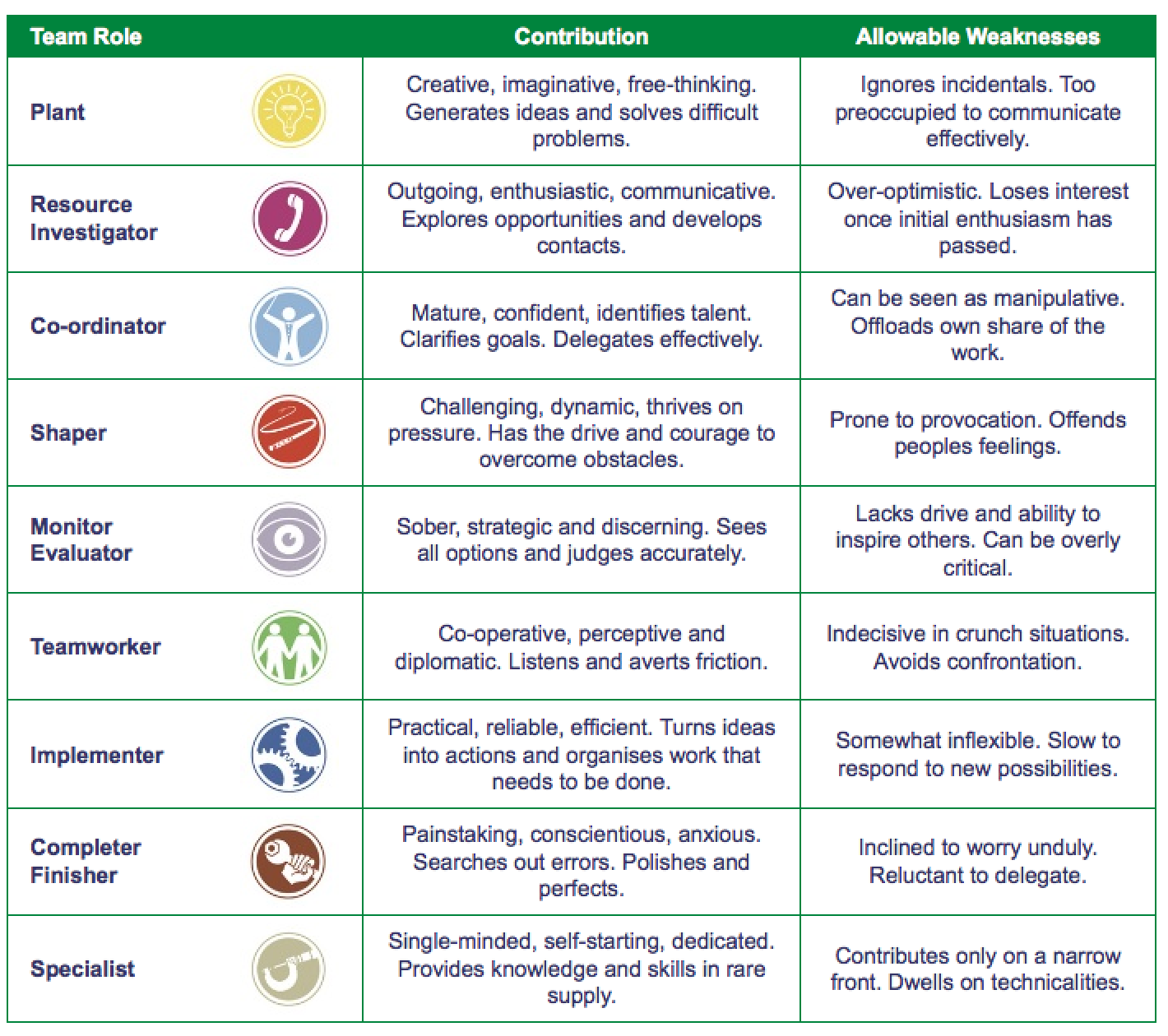We organised a writing contest on Malaysia Students blog recently. We are happy to announce that we received 119 entries from our dearest readers! Thank you for your tremendous support! The bad news is we only have 10 X RM100 cash prizes to be given away.
We had a difficult time choosing the winners as most of entries are very well written yet the prizes are limited. All entries will be published on this blog in the coming months. For those who do not win this contest, please do not give up and we hope you learn something during the process. Thanks for your active participation. Perhaps having more than 19000 subscribers and more than 100,000 monthly readers reading your post can be considered as the consolation prizes?
We would like to thank our distinguished sponsors, EasyUni and Hotcourses, for sponsoring this writing contest. Visit EasyUni and Hotcourses now to explore your further study options local or abroad and plan for your pre-university and tertiary education.
EasyUni, the Asia's largest university and college portal, offers comprehensive info of thousands of courses, from 1959 universities and colleges in 27 countries for FREE. You are really lucky that EasyUni exists today as you can get all education info in one portal. We wish we had EasyUni last time.
What we really like about EasyUni is the info on tuition fee, which is really critical for many of us during the decision making on whether it is the right and affordable university for us or not.
Hotcourses provides extensive info on undergraduate and postgraduate degree courses for Malaysian students in Malaysia and overseas. Do not wait, visit Hotcourses today to plan for your further studies!
What we really like about Hotcourses are the helpful student guides on applying to university, visa guides, student finances, career prospects and other relevant topics, offering free and practical advices to those going for undergrad and postgrad studies.
Without further ado, the winners for Malaysia Student Blog 2014 Writing Contest are ... (drum roll please) ...
Writing Contest Winners & Winning Entries (in no particular order)
- Nick Chung - Band 9 in IELTS?!! No problem!!!
- Josephine J - 7 Ways for Interns to Succeed Working with the Media
- Maisarah - Stop Studying, and Make Your University Life Amazing
- WanQing - Why last-minute study? – Plus some tips to do so ☺
- Que Levine - 5 (+1) unorthodox ways to thrive in your studies
- Michelle Soin - How to be a Superman Student
- Hoe Zhan Hui - Who Says You're Not Gonna Score?
- Balqis Badawi - I Almost Flunked in My Trials
- M&A - SPM is worth every bit of your hard work
- Yew - What is WRONG with the education system in Malaysia?
We would suggest you to subscribe to our mailing list to receive all great writing contest entries that we will publish on our blog in the following weeks. We strongly encourage you to leave your comments on the entries to support the writers, share your opinions and discuss your ideas.
► Read more on Writing Contest 2014 Winners





































